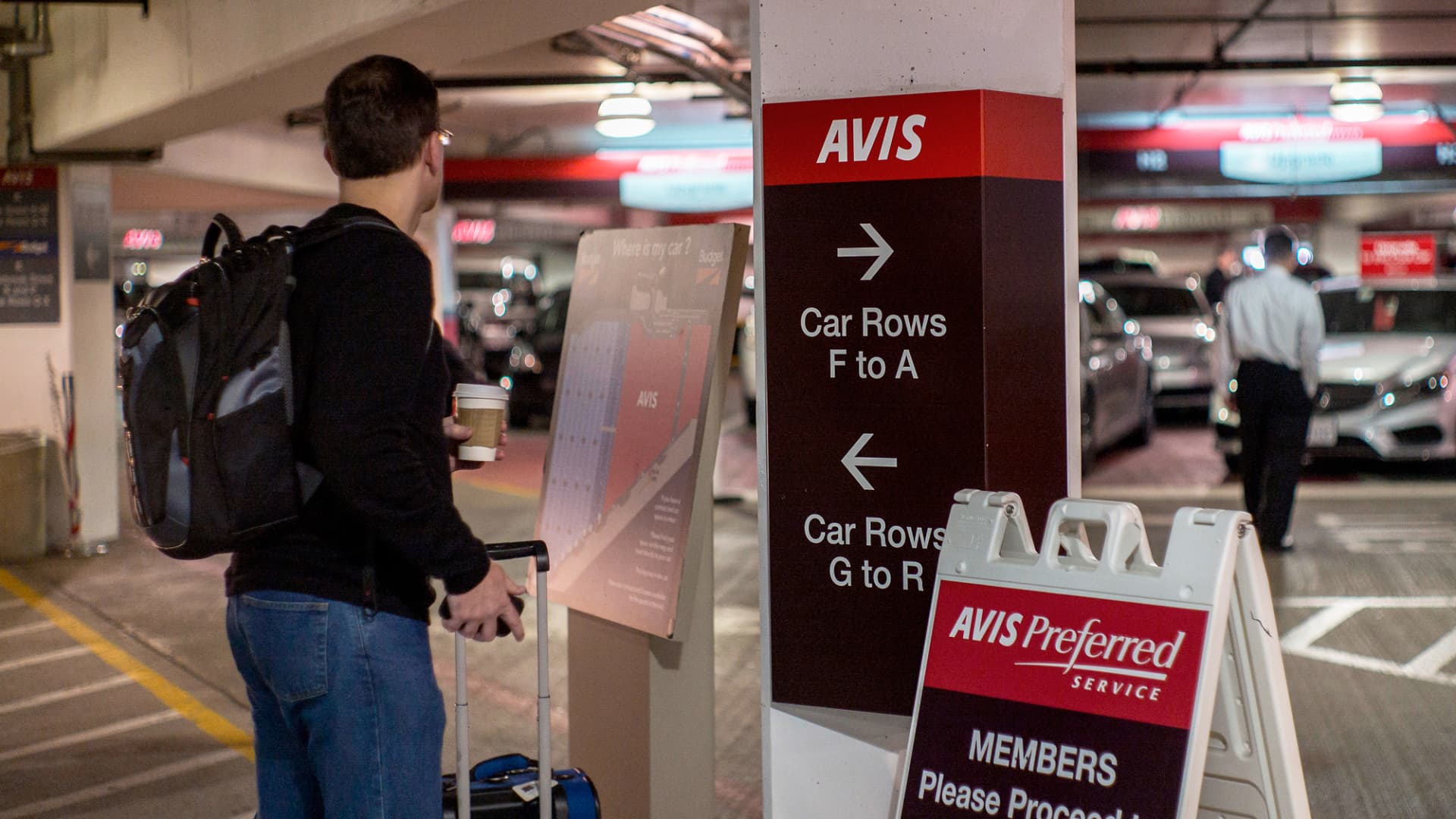Second homes and investment properties fascinate investors, who turn to Inman’s weekly Property Portfolio email newsletter as well as agents who work with this special class of client. This month, we’ll go deeper on everything from the latest at Airbnb and Vrbo to the changes investors are making to their portfolios in a shifting real estate market.
Scott Kunz has a home in the Poconos region of Pennsylvania that he says is ideal for family gatherings, such as reunions, holidays or vacations.
That is, until the township he was operating in changed its rules around short-term rentals.
Once a welcome place for investors looking to make money by offering places for guests to stay for a night or longer, Tobyhanna Township moved this fall to limit the age (25 or older) and the number of people (no more than 10) who can book a short-term rental. It was one of several nearby townships that became Airbnb boomtowns during the onset of the COVID-19 pandemic that has since moved to strengthen regulations of short-term rentals.
After Tobyhanna moved to put strict regulations in place, Kunz says he now faces the prospect of lowering his daily rates and possibly a higher vacancy rate, both big negatives for homeowners who are increasingly turning to platforms like Airbnb to turn their homes into investments.
“We had meetings with [the township] where we showed them presentations,” Kunz said. “We showed them data, how handyman contractors, cleaners, everyone pretty much now relies on this income.”
“They simply don’t care,” he said of the township.
An industry that started as a way for homeowners to rent out extra space in their homes for a night or two has led to a new asset class of investors buying homes with the express purpose of generating revenue through short-term rental platforms.
That change has made way for battles between investors, surrounding neighbors, homeowner’s associations and politicians.
The ensuing fights show the risks short-term rental owners face when choosing which markets to invest in to capitalize on record-high demand. It also highlights one potential way agents and brokers can specialize in a changing market.
Twenty-one miles north of Tobyhanna, another jurisdiction recently voted to change its rules governing short-term rental owners. This time, it’s not a city or town changing its rules that has investors worried.
In the town of Lake Ariel, the homeowner’s association for a subdivision known as The Hideout approved changes that will limit the number of nights a home can be rented out on a short-term basis to 10 per year. The rules take effect in January.
Those sorts of changes can be financially fatal for some investments.
“My solution is to sell my house,” Kunz said of the risks posed by the township’s changes.
High risk or lower rates?
Regulations are the kind of risk that investors can either take on with potential rewards in the form of higher nightly rates or choose to avoid.
When New Hampshire investor Allen Meringolo was deciding where to buy a home to use as a short-term rental in 2017, he took a look at East Boston.
“The numbers were eye popping,” Meringolo said.
Higher nightly rates were enticing, but with one nagging risk: Boston hadn’t yet considered regulations around short-term rentals.
“It was kind of the Wild Wild West,” Meringolo said. “But sure enough within two years they passed a law that you can only do short-term rentals if it’s your primary residence.”
Rather than operating in markets that could bring in more revenue, Meringolo said he and his team targeted traditional vacation markets in New Hampshire that face less risk of community and political backlash.
It might mean lower rents. But it also means more predictability and less of a downside risk.
“If we had gone ahead and bought in East Boston,” he said, “we would have been decimated.”
In its guide on responsible hosting in the U.S., Airbnb advises hosts to talk with neighbors and check HOA or co-op board rules for references to subletting or other restrictions on hosting.
“Read your lease agreement and check with your landlord if applicable,” the company advises. “You may consider adding a rider to your contract that addresses the concerns of these parties and outlines the responsibilities and liabilities of all parties.”
It also provides a running list of dozens of cities with a breakdown of their specific regulations.
Minimizing risks
Drew Via, a Realtor in the Utah resort town of Park City, works at a brokerage that specializes in working with investors and hosts.
In a market where nearly 1 out of 4 homes is a short-term rental, according to researchers at the University of Utah, it can pay to keep tabs on HOA regulations on short-term rentals.
Via’s brokerage maintains a running list of HOAs that do and don’t allow nightly rentals, which it can use to help guide buyers interested in earning income from nightly rentals toward the right home.
The list is changing all the time.
“We track because it’s so situational. It depends on the HOA whether they allow it or not,” Via said. “It’s really situational depending on the development or neighborhood that you’re buying in.”
Stories about HOAs and cities changing rules percolate in the investment community on social media.
One investor spoke of a friend buying a condo in Austin to rent it out on a short-term basis, but the building management limited the number of units in the building that could be rented to no more than 25 percent. That effectively capped the number of units that could be used as short-term rentals. The investor bought it for $1.2 million and sold it for $850,000 six months later.
“I know someone who bought a condo in Austin thinking he could rent it on Airbnb,” another investor Bryce Garcia wrote. “The seller’s agent said the complex allows it but they didn’t verify. Imagine his feeling when the HOA fined him for breaking the no STR policy. Read HOA laws BEFORE buying a rental.”
Meringolo said he looks into a city’s zoning, state regulations or preemptions around short-term rentals and other activity in the market when evaluating a market.
He even moved to New Hampshire, in part, to maintain a local presence, be closer to the rentals and engage with the community.
“I think that gives you more credibility from a regulatory perspective,” he said. “You’re someone who is looking out for the best interest of the town.”
In the Poconos, Kunz is playing defense. He started a group called Tobyhanna for All.
That is if a lawsuit Kunz and a group of pro-short-term rental owners filed on Sept. 27 in a Monroe County court is unsuccessful.
Kunz filed the suit on the day the updated ordinance was set to take effect. It’s one final effort to stop the ordinance, or at least better understand why it passed, Kunz said.
“We basically had to take it to court, and I believe it’s going to shake out,” Kunz said. “At the very least it will force them legally to respond and explain themselves as to why they’ve restricted (short-term rentals) so heavily.”
Email Taylor Anderson
Get Inman’s Property Portfolio Newsletter delivered right to your inbox. A weekly roundup of news that real estate investors need to stay on top, delivered every Tuesday. Click here to subscribe.
















